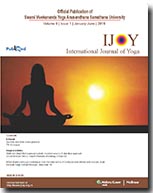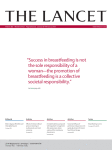Nearly four years after an analysis of more than 160 papers by Yoshitaka Fujii concluded the chances the data were authentic were infinitesimally small, the British Journal of Ophthalmology has decided to formally retract one of the papers included in that review.
The name Yoshitaka Fujii should ring a bell — an alarm bell, in fact — for our readers. He’s firmly listed in the number one spot on our leaderboard, with more than 180 retractions.
The recently retracted paper — “Ramosetron compared with granisetron for the prevention of vomiting following strabismus surgery in children” — has been included in that retraction total for years, because it was part of a seminal 2012 analysis by J.B. Carlisle that put the odds of data occurring naturally in some of Fujii’s papers at: Continue reading 2001 Fujii papers retracted — finally. What took so long?









